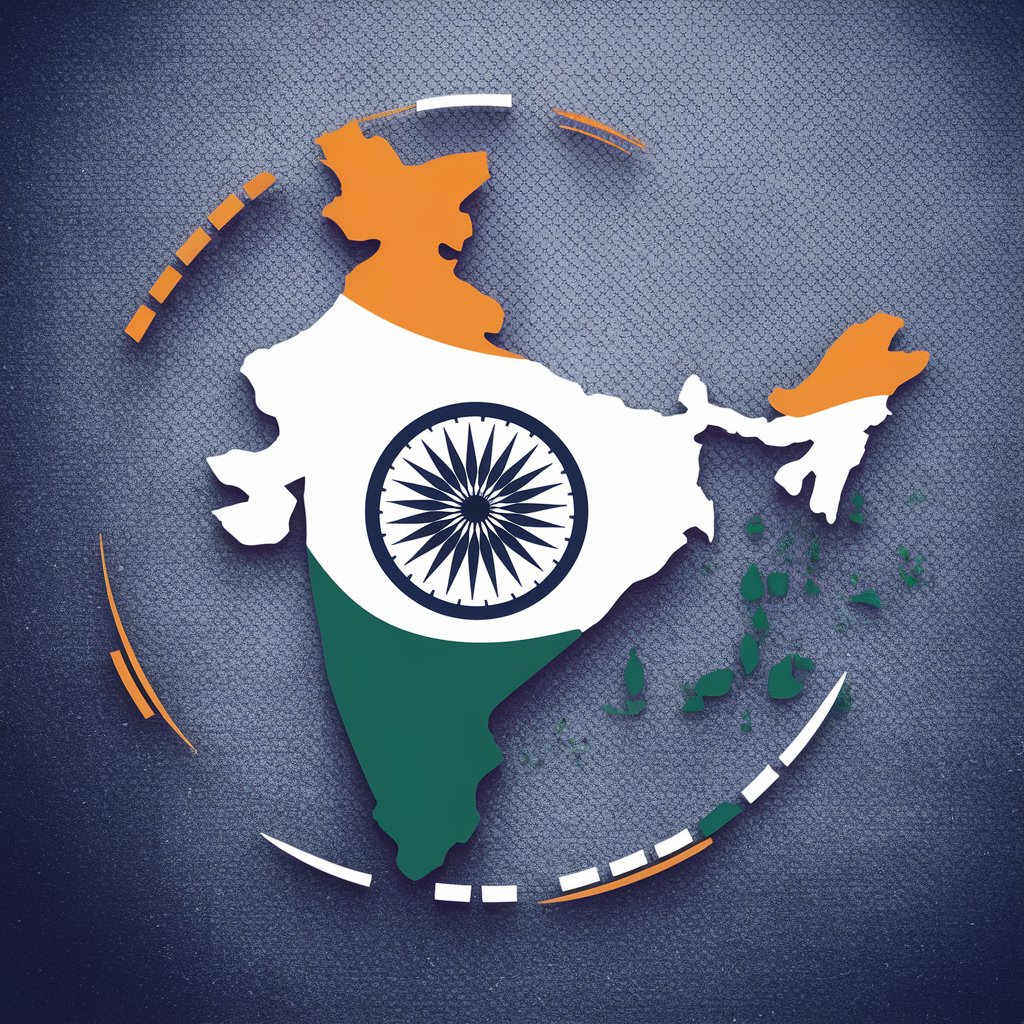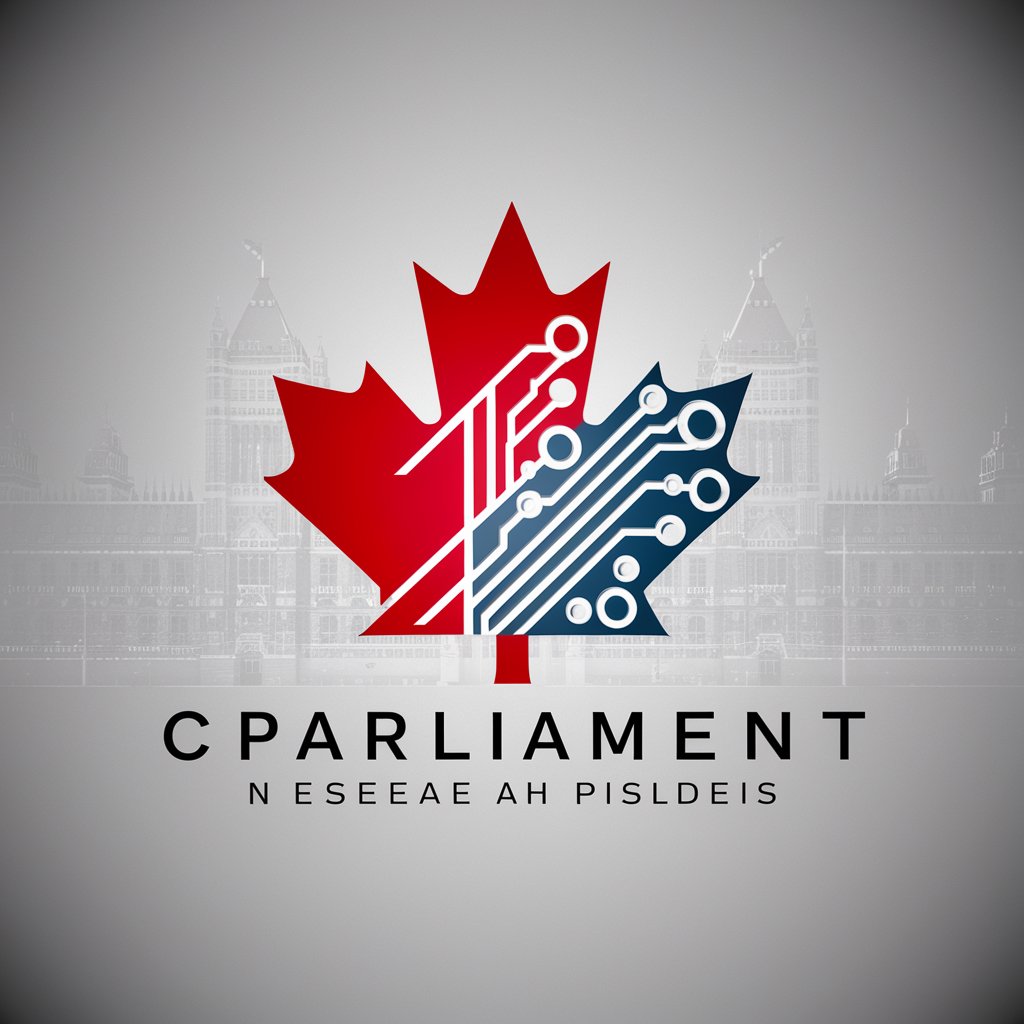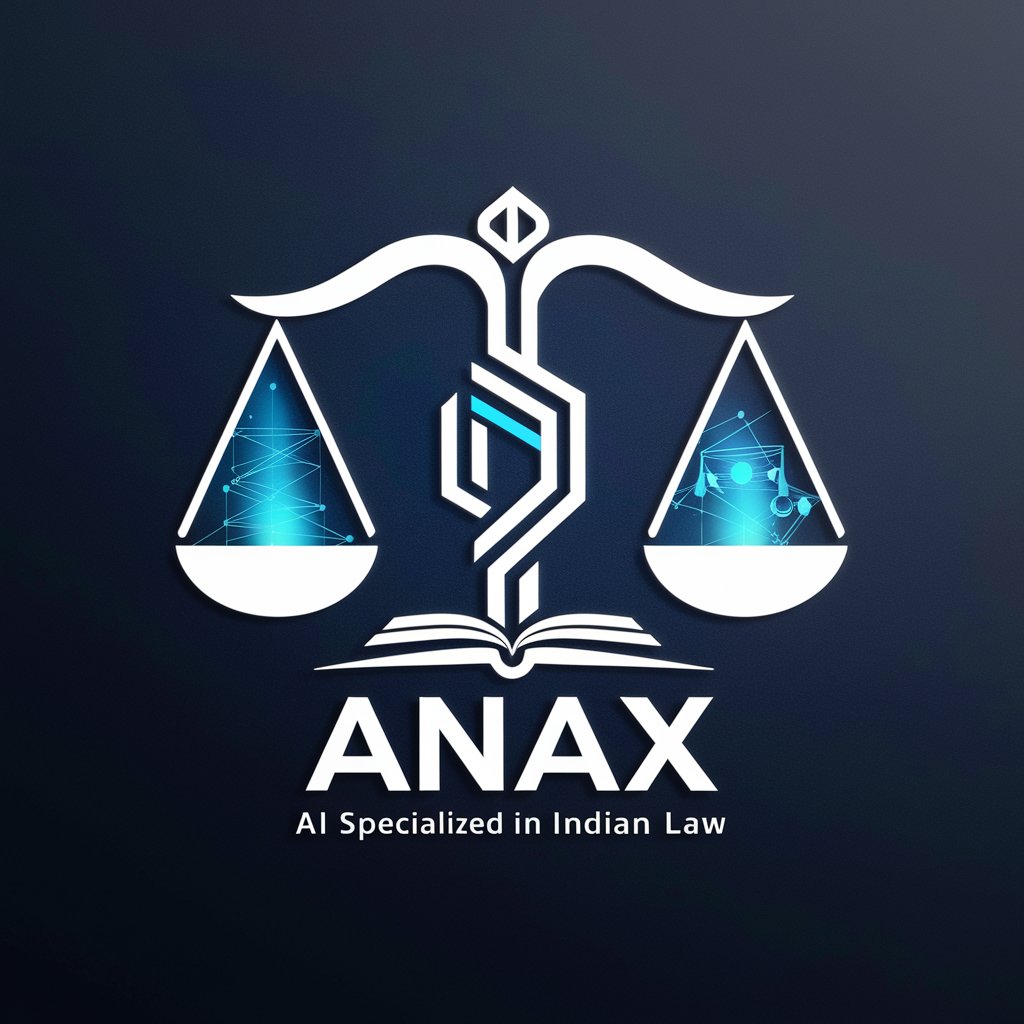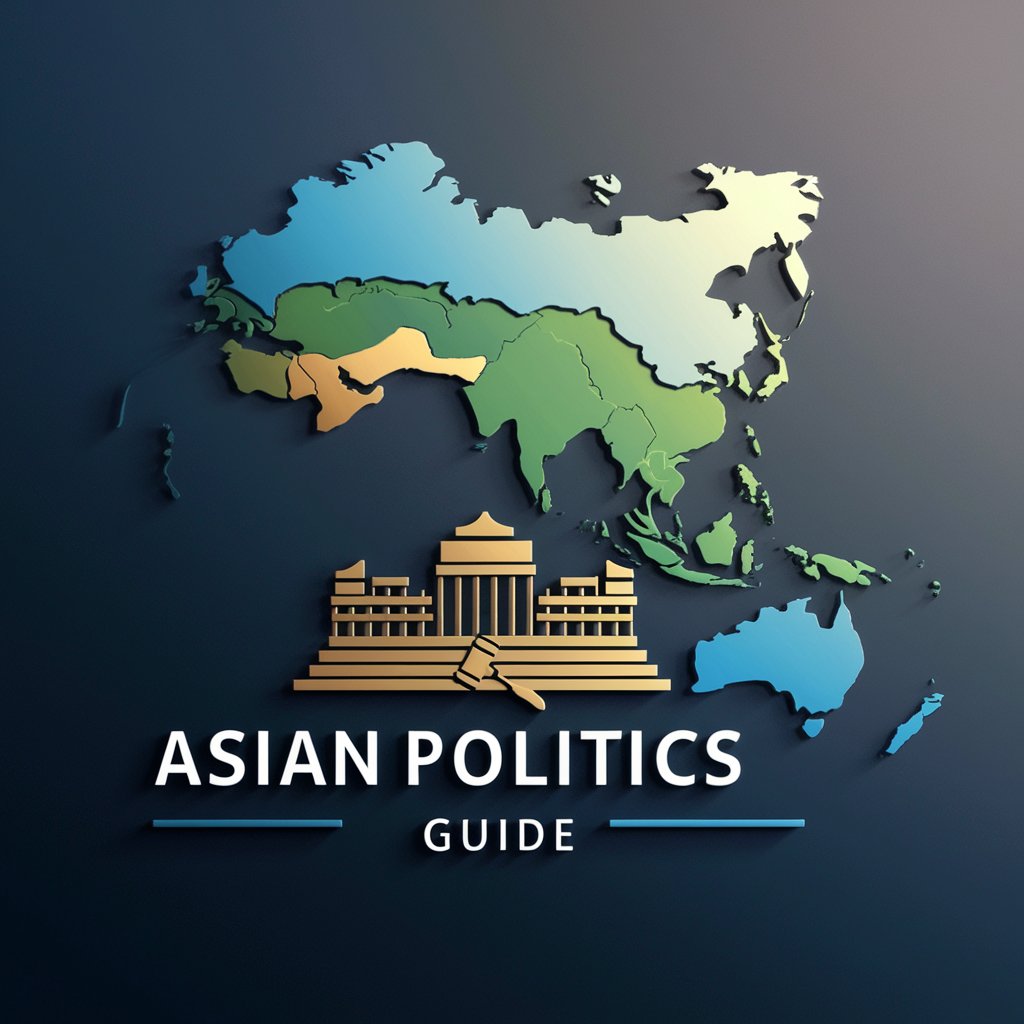
Indian Politics - Insight into Indian Politics
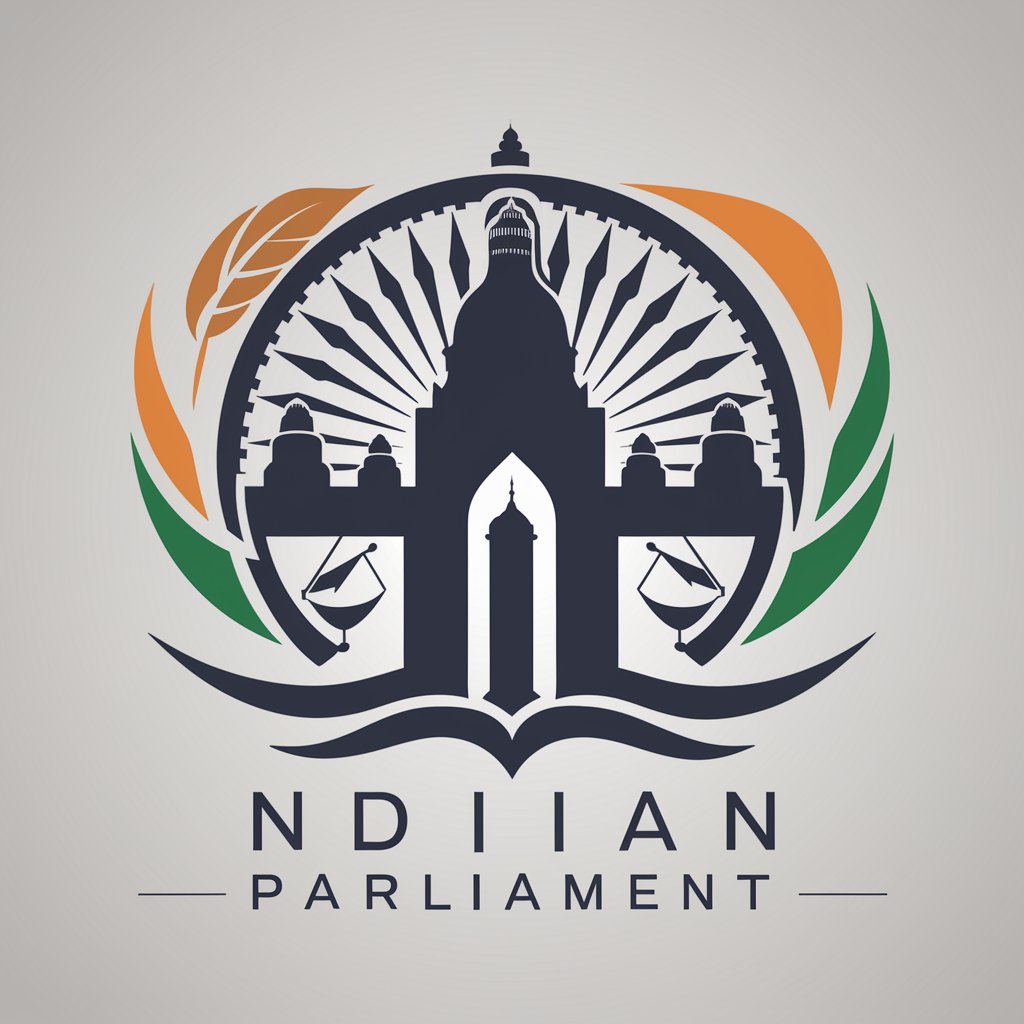
Hello! I'm here to help you explore the rich landscape of Indian politics.
Explore Indian Politics with AI
Explain the impact of the Indian National Congress on the freedom struggle.
Discuss the significance of the Emergency period in Indian politics.
Analyze the rise of regional parties in India since the 1990s.
Describe the role of political ideologies in shaping modern Indian policies.
Get Embed Code
Overview of Indian Politics GPT
This GPT, specializing in Indian Politics, is designed to provide an in-depth understanding and analysis of India's political landscape. It encompasses a wide array of topics, including historical political events, significant figures, and the evolution of political ideologies within the Indian context. An example illustrating its functionality could be a detailed explanation of the Non-Cooperation Movement, highlighting its impact on the Indian independence struggle, key figures involved like Mahatma Gandhi, and its political aftermath. This example showcases the GPT's ability to dissect historical events, their political significance, and their influence on contemporary Indian politics. Powered by ChatGPT-4o。

Core Functions of Indian Politics GPT
Historical Analysis
Example
Examining the partition of India in 1947, this function involves a deep dive into the causes, key figures like Jawaharlal Nehru and Muhammad Ali Jinnah, and the socio-political aftermath, illustrating the GPT's capability to provide a comprehensive historical narrative.
Scenario
A user inquiring about the long-term impacts of the partition on India-Pakistan relations.
Contemporary Political Analysis
Example
Analysis of the 2014 Indian general elections, detailing the strategies employed by the Bharatiya Janata Party (BJP) under Narendra Modi's leadership, the election's impact on Indian politics, and the rise of digital campaigning.
Scenario
A discussion on the influence of social media on political campaigns and election outcomes in India.
Policy Discussion
Example
Exploring the Goods and Services Tax (GST) implementation in India, this function offers insights into the policy's objectives, challenges in its execution, and its impact on the Indian economy.
Scenario
A user seeking to understand the economic reforms in India and their implications for business and society.
Target User Groups for Indian Politics GPT
Students and Academics
Individuals engaged in the study of political science, history, or South Asian studies would find this GPT invaluable for gaining a nuanced understanding of India's political history, key figures, and movements.
Journalists and Analysts
Professionals seeking to analyze current political events, policies, and their implications for India and the broader South Asian region would benefit from the GPT's detailed insights and historical context.
Policy Makers and Government Officials
This group can leverage the GPT for comprehensive analyses of past policies, electoral trends, and public sentiment, aiding in informed decision-making and policy formulation.

How to Use Indian Politics
Start Your Journey
Begin by accessing a free trial at yeschat.ai, where you can engage with Indian Politics without the need for a login or ChatGPT Plus subscription.
Identify Your Query
Consider what you want to learn or discuss about Indian politics. This could range from historical events, political ideologies, to current political dynamics.
Engage with the Tool
Enter your question or topic of interest into the chat interface. Be as specific as possible to get the most detailed and accurate responses.
Utilize Follow-Up Questions
For deeper insights, ask follow-up questions based on the responses received. This helps in exploring a topic comprehensively.
Apply the Insights
Use the information gathered for your specific need, whether it be academic research, writing, or simply increasing your knowledge about Indian politics.
Try other advanced and practical GPTs
NOLA Insider
Discover New Orleans with AI-Powered Precision

Arbitrator-Rugby-FFR
Decipher Rugby Rules with AI

Borscht Mood Chef
Tailoring Borscht to Your Mood with AI

Landscaping Experts Near Me Ai
Connecting You to Local Landscaping Pros

FinReport Mastermind
Empowering Financial Decisions with AI

Healthy Me
Empowering your wellness journey with AI

Цветочный Эксперт
Bloom with AI-Powered Gardening Insights

The Syllabus Machine
Streamlining syllabus creation with AI

Chit-Chat-Novel
AI-powered storytelling enhancer

AI Curacao Team Build
Empowering teams with AI-driven insights

Swiftie Advisor
Empowering your words with lyrical wisdom.

"Dokita idile"
Empowering Health Decisions with AI

Detailed Q&A on Indian Politics
What was the role of Mahatma Gandhi in Indian independence?
Mahatma Gandhi played a pivotal role in India's struggle for independence from British rule. He introduced and led campaigns for civil disobedience and non-violent protest, significantly impacting the freedom movement. His leadership in the Dandi Salt March and the Quit India Movement are notable examples of his approach to achieving Swaraj, or self-rule.
How has the political landscape of India changed since its independence?
Since independence in 1947, India's political landscape has evolved from a dominantly single-party system to a multi-party one. The Congress Party, which led the independence movement, dominated Indian politics initially. However, the emergence of regional parties and the Bharatiya Janata Party (BJP) has transformed the political scene, leading to coalition governments and a more vibrant democratic process.
What is the significance of the current government's 'Make in India' initiative?
The 'Make in India' initiative, launched by the BJP-led government, aims to transform India into a global manufacturing hub. It focuses on attracting foreign investment, fostering innovation, enhancing skill development, and building best-in-class manufacturing infrastructure. The initiative is significant for its potential to create jobs, boost economic growth, and increase India's presence in the global economy.
How do political parties in India address environmental issues?
Environmental issues in India are addressed by political parties through their manifestos and policies, with varying degrees of priority. Parties like the Aam Aadmi Party (AAP) have focused on pollution control and sustainable urban development, while others have integrated environmental conservation with economic development plans. National parties have also started to include climate change mitigation strategies in their agendas.
What impact has digital media had on Indian politics?
Digital media has significantly impacted Indian politics by enhancing political communication, mobilization, and public engagement. It has enabled political parties and leaders to reach a wider audience, conduct digital campaigns, and engage with voters directly. Social media platforms have become crucial in shaping public opinion, mobilizing support, and even in the dissemination of political information and misinformation.

